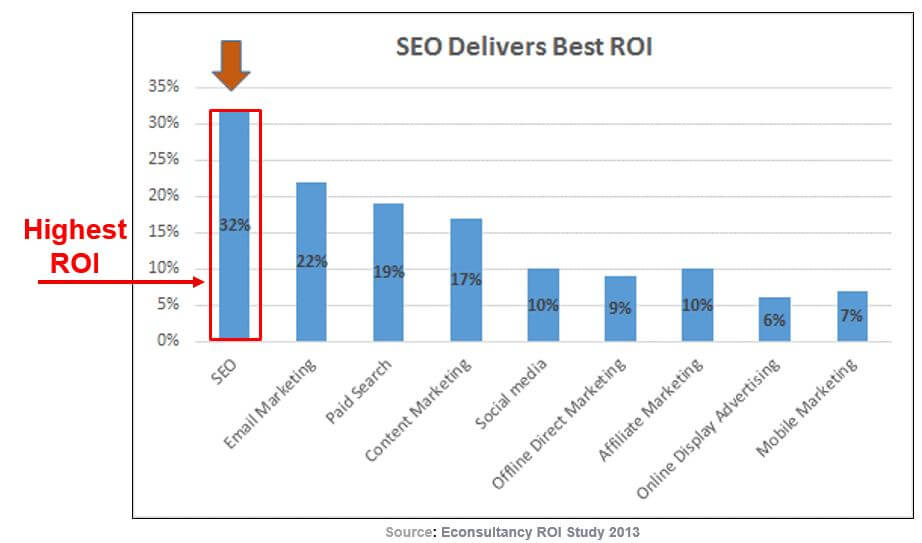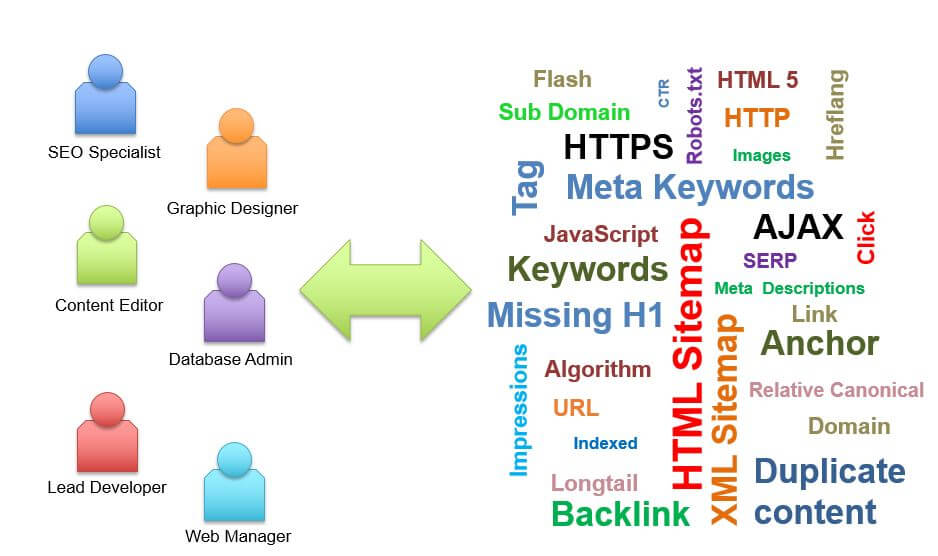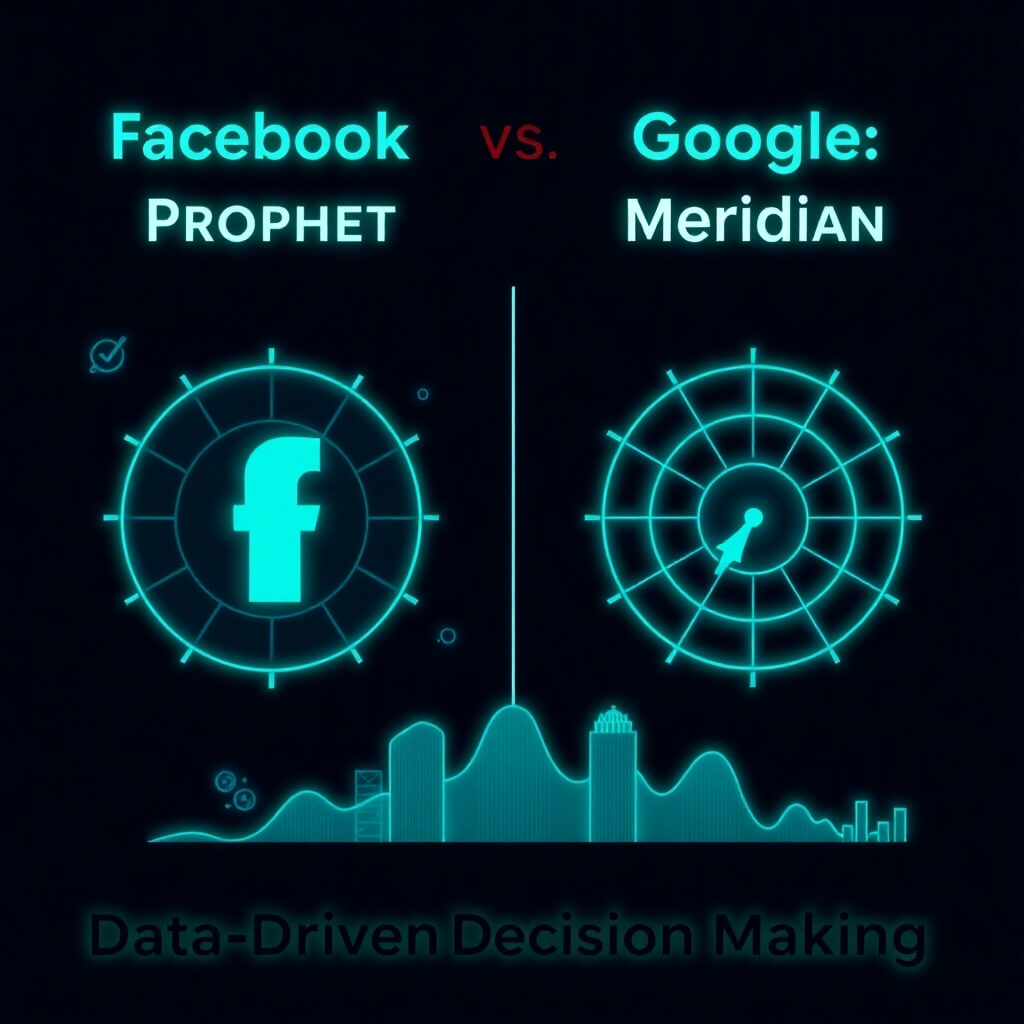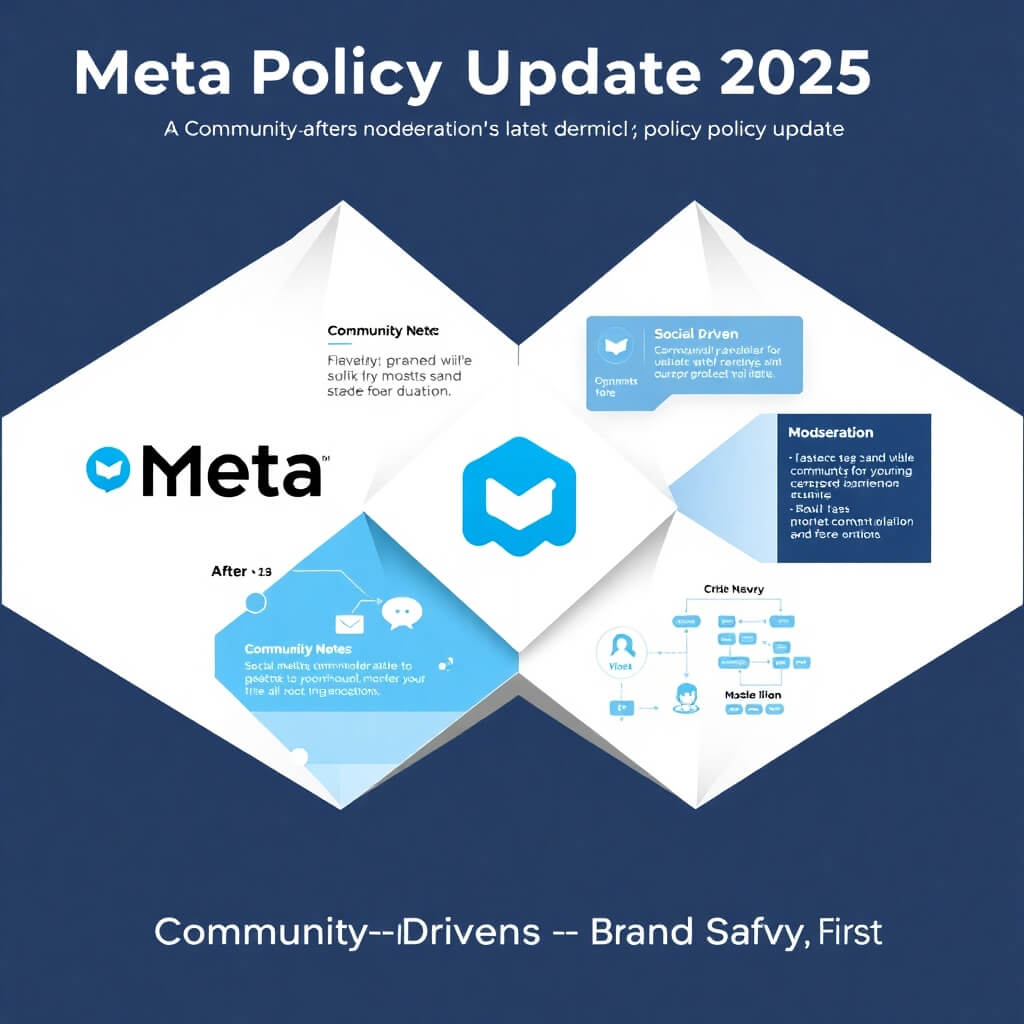
The Value Proposition of SEO
Your goal: To be found online consistently at the top of search results— search engines are the principle way prospects learn about your products and services. Findability online is key!
81% of B2B purchase cycles start with web search, and 90% of buyers say when they are ready to buy, “they’ll find you.” http://marketstrong.com
Critical to online success, search engine optimization (SEO) helps you rank in discovery platforms like Google, Bing, Yahoo and other alternative search vehicles like YouTube, Pinterest, and Facebook.
68% of YouTube users watched YouTube to help make a purchase decision Jul. 2016 Google/Ipsos Connect
Organic Search Investment
Knowing that SEO is the best return on your marketing investment, how might your own marketing mix change?
CMOs and CROs need to be aligned at the strategy hip
Marketing leaders provide insight into ways SEO marketing programs can help in hitting sales goals. Investment in the SEO channel by your CRO will be dependent on your deployment of a revenue strategy that can be measured for operational results.
Closely Aligning Sales and Marketing
Sales leadership provides insight into the sales process and prospects’ questions that can help define target terms and future asset development.
Use Sales battle cards to identify pain points and map those terms to where marketing programs can develop content to target the entire funnel journey.
Align your content development focus derived from your core terms across the sales funnel. These are the areas of focus to concentrate on with your SEO content development strategies.
Think SEO for ABM
Adopt SEO into your ABM approach. SEO helps you target and personalize ABM content for B2B. SEO also provides excellent KPIs to optimize your ABM campaigns against. Turn visitors into buyers by addressing their needs on the buyers’ journey.
Your SEO Team
You’ve got to involve and include the right people in your organization to have overall marketing success. When it comes to creating and implementing a successful SEO strategy, the more senior leaders you bring along to collaborate, the better.
Marketing operations, devops, creative, all need to be included in the SEO team’s prioritized tasks and goals.
- SEO Project manager: At least one person should develop measurable SEO goals, delegate tasks, track and measure to be sure objectives are being achieved. This individual should create an SEO scrum level activity board and assign cross-functional teams various projects and tasks that align with a calendar to release updates every 2 to 4 weeks.
- Technical SEO and data analysis: This person does everything but the content. They are HTML 5 and CSS 3 fluent. Any SEO project requires data analysis in the form of keyword research, traffic measurement and goal evaluation. This team member draws conclusions from information/data your website produces and guides your SEO efforts.
- Copywriter: A great content creation person that is comfortable with SEO best practices. In most instances, SEO activities require new content to fill the sales cycle and buyers journey. These content assets may take the form a webpage, blog post, infographic, webinar etc….
- Web development: SEO factors into usability of the site, including site speed, internal linking, navigation, and content indexing. You’ll need someone who can modify your site understanding SEO best practices and standards. This includes someone familiar with User Experience (UX) and User Interface (UI), too.
Can You Keep Up with Changing Trends?
Many organizations use both internal and external marketing resources for their website needs. The online marketing world changes quickly. Do you have the right resources and research time to keep current in the marketplace? Don’t fall behind industry trends. Enlist the help of an external agency specializing in digital marketing and SEO.
Leverage Your Channel Data
Leverage data for omni-channel marketing success. Measure paid & organic search results. Look to see which assets are performing best based on KPIs.
Keywords that don’t have organic results above the fold or that you do not rank highly for should be evaluated and pushed by the paid media team.
SEO Framework for CMOs
SEO can be broken down into two major buckets. Content (Engagement SEO) and Technical SEO (Code and Site Structure).
Engagement SEO
Keywords
Whether your input is voice and your output is an image or your input is an image and your output is a description. Search serves as an interlocutor between two parties based on some identifier, typically a keyword or some classifying descriptor.
Adopt a discovery marketing mindset when selecting terms and producing content.
W |
Question: | “What do target users seek?” |
| Goal: | Determine the subject of the search as well as a searchers intent | |
| Tools: | Semantic analysis, linguistic profiles, listening platforms, and surveys | |
H |
Question: | “How does my customer search and find”? |
| Goal: | Plot the different sources that target users apply in information quests | |
| Tools: | Behavioral data, web analytics and attribution solutions | |
O |
Question: | “What should I Offer users?” |
| Goal: | Identify an optimal offer based on user intent and behavior | |
| Tools: | On-site audience-targeting solutions and demand-side platforms |
Collin Colburn, Analyst at Forrester
Content Creation
Create authoritative, interlinked content specifically around high-value SEO terms and concepts. Measure and understand what are the:
Most relevant content Most helpful content
Most popular content Most engaging content
Content and Copy Enhancement
By enhancing existing content and copy we can more clearly emphasize sites as being authorities on these topics. Invest in content creation and distribution (organic, social organic, paid social, content syndication).
Interlinking (Internal and External)
Make sure your teams are strategically inserting anchor text links on high-value SEO terms pointing back to target pages
Technical SEO
Technical SEO focuses on your website’s compatibility with search engine guidelines and best practices. Can your website be indexed and ranked for keyphrase searches, images, videos and other rich media accordingly?
Future-proofing your website architecture
Information Architecture
- Site structure & navigation structure
- URL structure & data formats
- Business reporting & web analytics
Site Mechanics
- Appropriate use of subdomains
- Proper formatting of URLs
- Using correct parameters for dynamic content
- Sitemaps both xml (submission) and html
- Using robots.txt file
Website speed
Analyze load speeds of your website, and learn how to make them faster. Faster sites mean better user experience and less drop off in the conversion process. AMP pages provide a fast way to load pages onto a mobile device.
Mobile usability
Mobile usability is UX/UI and is all about people usability. Create a frictionless mobile site environment.
Search engine penalties
Most sites Overdrive deals with DO NOT have penalties. Avoid violating search engine guidelines and follow search engine best practices.
Crawlability and indexing
Ability of search engine spider and robots to access and index pages and information on a website. Crawlability and indexing issues like duplicate content and title, broken links, missing page elements, produce crawl errors that should be avoided.
Clean, fully-valid code
Having valid clean code on your website will make it easier for the search engine spiders and bots to index your pages. Use secure, solid, fast-loading code for optimal performance.
Use of the keyword in the URL, title, H1, and meta descriptions
Titles
Title Tags should be unique and concise, contain keywords and end with the brand name
Headlines
Target keywords should be used in headlines
Do not use an entire sentence or paragraph
Descriptions
Should be a descriptive keyword rich statement
Should ideally contain 1-2 target terms as well as 1-2 terms based on asset content
XML sitemap
Create an XML sitemap that can be submitted to Google, Bing and other search engines to help them crawl your websites.
Forensic Site Audit
Website audits are a structured approach an analysis of all site factors that could affect your website’s visibility in search engines. Find and fix website issues and boost your bottom line through SEO.
The SEO audit is designed to help your site reach its full potential, reduce hurdles for users and search engines alike. By going through an SEO audit the report will enable you to increase your competitiveness and overall business value once you fix the issues.
Onsite SEO – Robots.txt files, 301 redirect chains, server issues, crawling errors, internal link redirect chains, broken internal links, image optimization, responsive designs, canonicalization and International SEO. Focus on user experience and relevancy.
Offsite SEO – Link quality, backlink audit, broken links, link reclamation, domain quality, social fortress review, reviews and citations, bad neighborhood linking, disavows, blacklists, link diversity and link growth/frequency.
Website Analytics – Do you trust your data? Validate key visitor behaviors and goals are captured accurately and reported clearly. Does your analytics solution and goals map to your business strategy? Track form submits, downloads, sharing tools, rich media, and links to other sites. Are changes to web analytics tags and media tags managed by a centralized, controlled process?
7 Steps to SEO for CMOs
- SEO is important for business and ROI, invest in content development and deployment
- Closely align sales and marketing objectives and goals
- Build an SEO team, leverage external agency resources
- Leverage your existing channel data for keyword and asset insight to develop full funnel content
- Focus on Engagement SEO content development as well as Technical SEO for website code and compliance
- Audit your site
- Are web analytics and KPI’s reporting correctly, do they meet your marketing objectives







